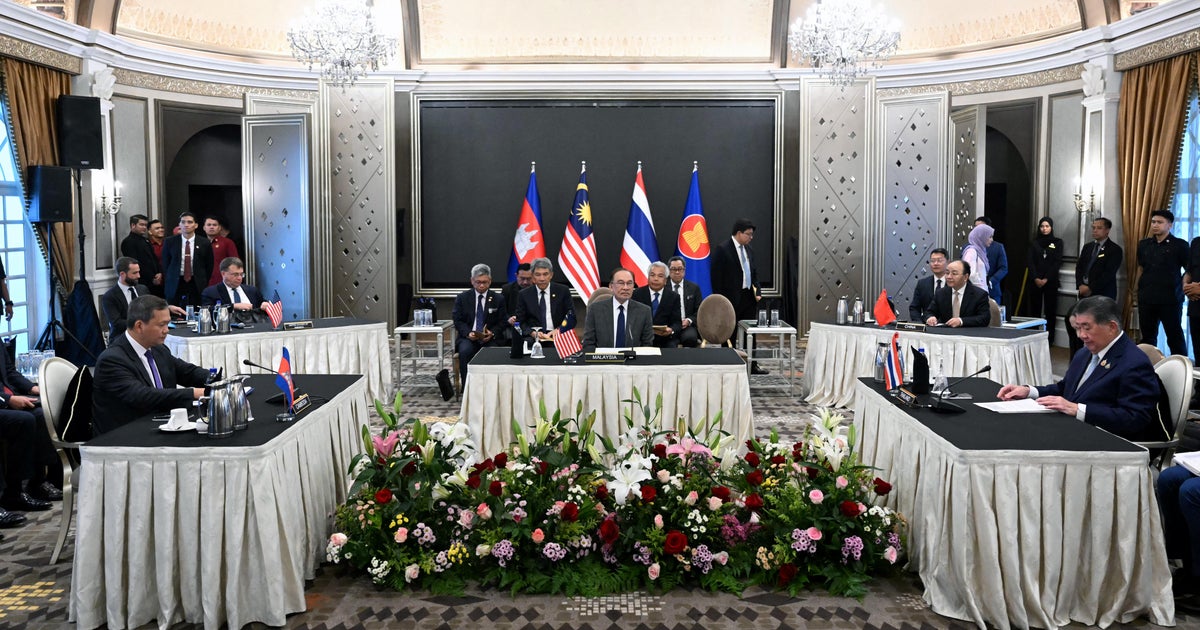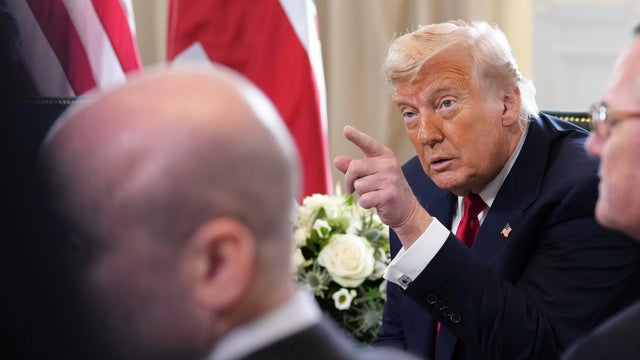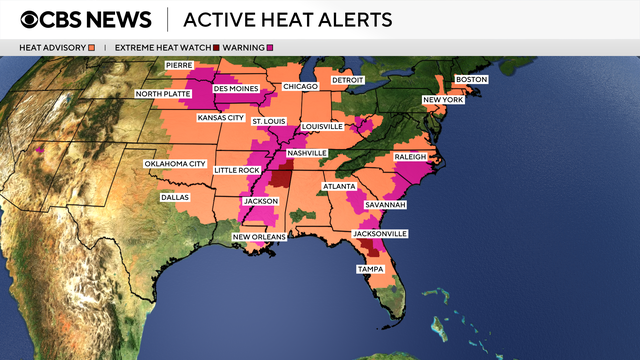

No response returned

Thailand and Cambodia have agreed to an "immediate and unconditional" ceasefire from midnight to resolve deadly border clashes, Malaysian Prime Minister Anwar Ibrahim said Monday.
Anwar, who chaired the talks as head of the ASEAN regional bloc, said both sides have reached a common understanding to take steps to return to normalcy.
Cambodian Prime Minister Hun Manet and Thai Acting Prime Minister Phumtham Wechayachai have agreed to "an immediate and unconditional ceasefire with effect from ... midnight of 28 July (1 p.m. EDT Monday)," Anwar said as he read out a joint statement.
Hun Manet and Phuntam hailed the outcome of the meeting and shook hands at the conclusion of the brief press conference.
"This is a vital first step," French news agency AFP quoted Anwar as telling reporters, adding both leaders have "expressed their positions and willingness to ... an immediate ceasefire, a return to de-escalation and the restoration of peace and security."
The after a land mine explosion along the border wounded five Thai soldiers. Both sides blamed each other for starting the clashes that have killed at least 35 people and displaced more than 260,000 people on both sides. Both countries recalled their ambassadors and Thailand shut all border crossings with Cambodia, with an exception for migrant Cambodian workers returning home.
Troops from both sides reported ongoing fighting Monday along border areas. Gunfire could be heard as dawn broke in Samrong in Cambodia's Oddar Meanchey province, Associated Press reporters covering the conflict said.
Maly Socheata, a Cambodian defense ministry spokesperson, said the Thai assault was "ongoing and strong" on Monday.
Anwar said late Sunday that both sides would present their conditions for peace but "what is important is immediate ceasefire."
"I hope this can work," Anwar was quoted as saying by Malaysian national news agency Bernama. "Although it's not as bad as many other countries, we have to put a stop (to the violence)."
The meeting followed direct pressure from President Trump, who has warned that the United States may not proceed with trade deals with either country if hostilities continue. After the session, both Putham and Hun thanked Mr. Trump for supporting the talks, AFP said.
Mr. Trump congratulated both countries in a shared on Monday.
"By ending this War, we have saved thousands of lives," Mr. Trump wrote, adding that he has directed his trade team to restart trade negotiations with Thailand and Cambodia.
In a statement, U.S. Secretary of State Marco Rubio said, "State Department officials are on the ground in Malaysia to assist these peace efforts. Both President Trump and I remain engaged with our respective counterparts for each country and are monitoring the situation very closely. We want this conflict to end as soon as possible."
Before departing for Kuala Lumpur, Phumtham told reporters in Bangkok representatives of the U.S. and China would also attend the talks, as observers. He said the key focus would be on an immediate ceasefire but noted trust could be an issue as Cambodia hasn't stopped its strikes.
"We have informed that we don't have trust in Cambodia. All they have done reflect that they are not sincere in solving this problem. So they have to show the detail how they will do to prove their sincerity," he said.
The violence marks a rare instance of open military confrontation between member states of ASEAN, a 10-nation regional bloc that has prided itself on non-aggression, peaceful dialogue and economic cooperation.
In a statement Monday, ASEAN foreign ministers reiterated concern over , destruction of public properties and displacement of a large number of people along the disputed border areas. They urged the two countries to resolve their disputes through negotiations and expressed support for efforts to find a middle ground during Monday's talks.
The conflict also drew the attention of Pope Leo XIV. At the Vatican on Sunday, the pontiff said he was praying for all those affected by war in the world, including "for those affected by the clashes on the border between Thailand and Cambodia, especially the children and displaced families."
At an evacuation shelter in Cambodia's Siem Reap province far away from the border, Ron Mao, 56, prays for a ceasefire deal during the leaders' meeting Monday. She and her family fled their home 0.6 mile away from the front line when fighting broke out Thursday. They took refuge in a shelter but moved again to another camp farther away after hearing artillery shelling.
"I don't want to see this war happen. It's very difficult and I don't want to run around like this," she said. "When I heard our prime minister go to negotiate for peace, I would be very happy if they reached the deal as soon as possible, so that I and my children can return home as soon as possible."
The 500-mile frontier between Thailand and Cambodia has been disputed for decades but past confrontations have been limited and brief. The latest tensions erupted in May when a Cambodian soldier was killed in a confrontation that created a diplomatic rift and roiled Thailand's domestic politics.





